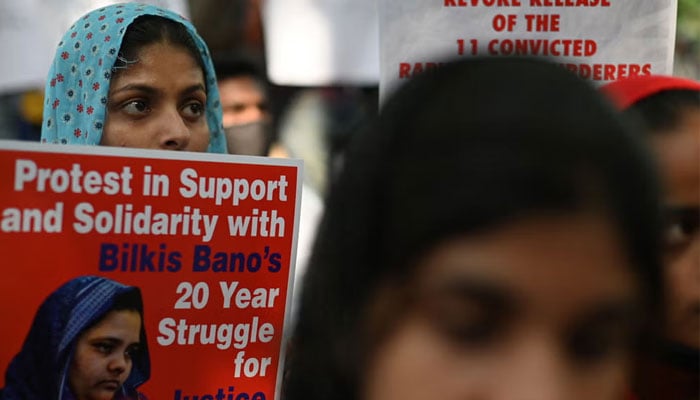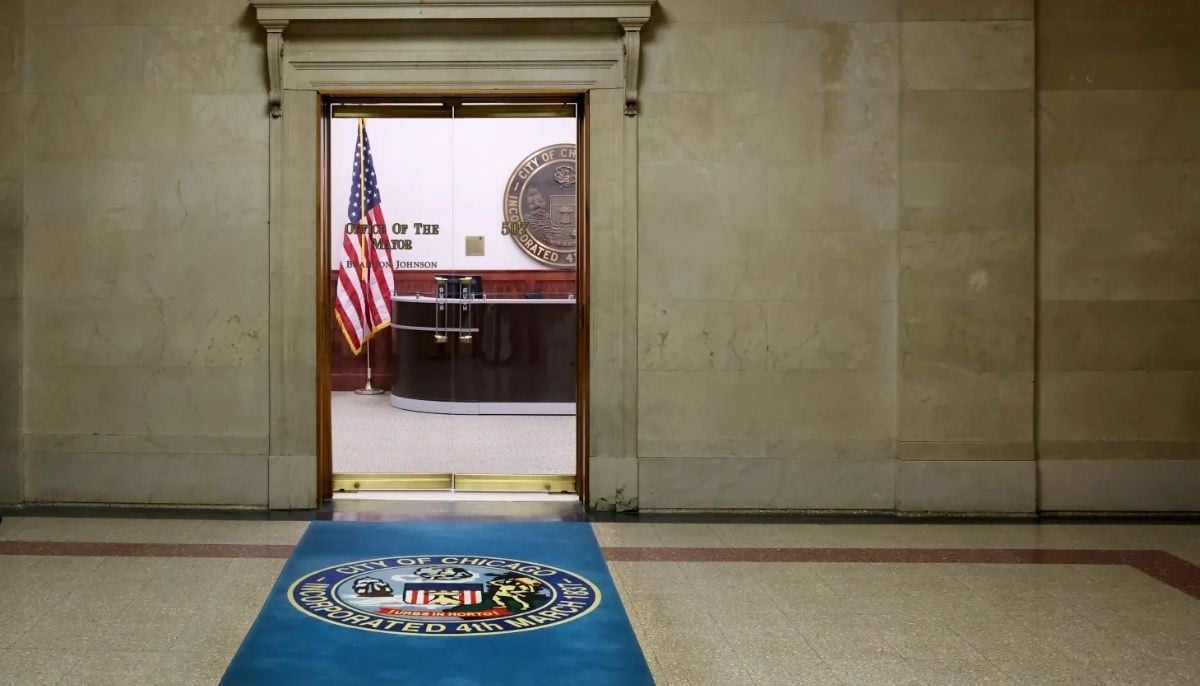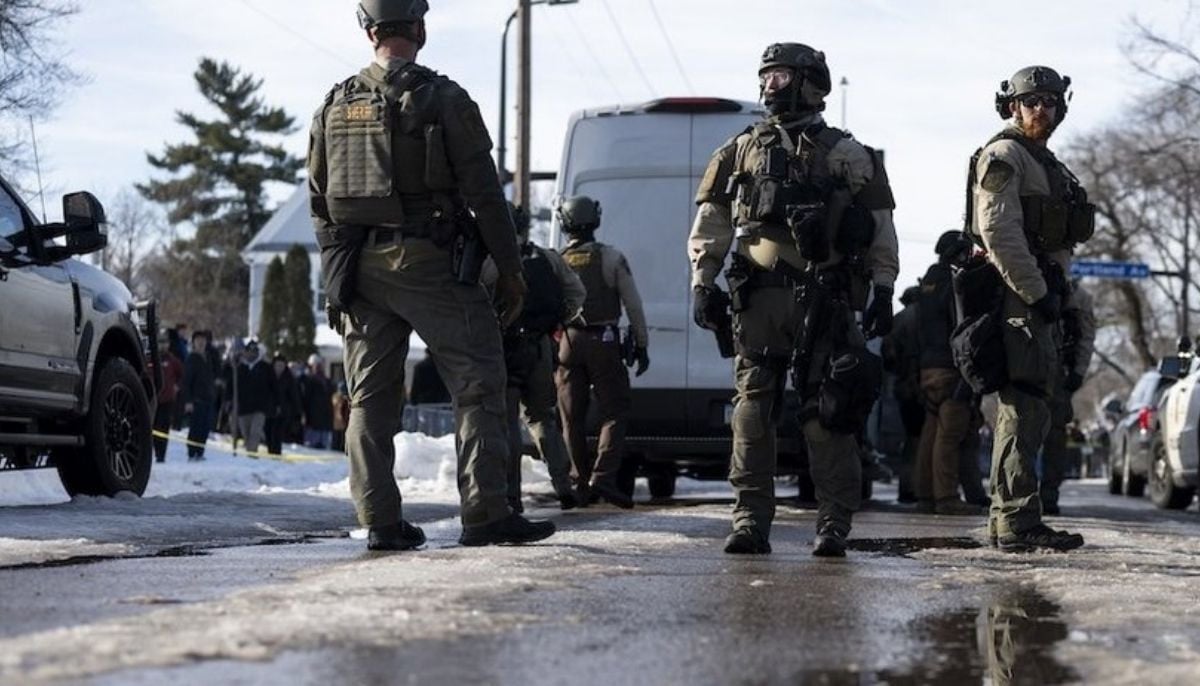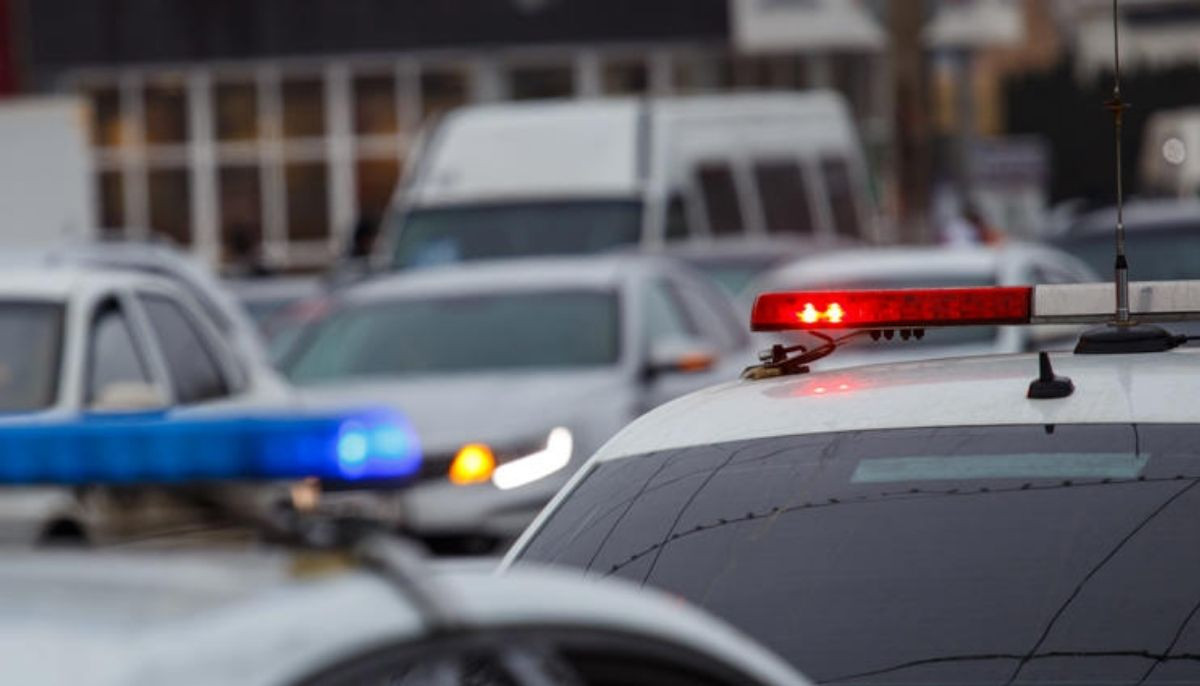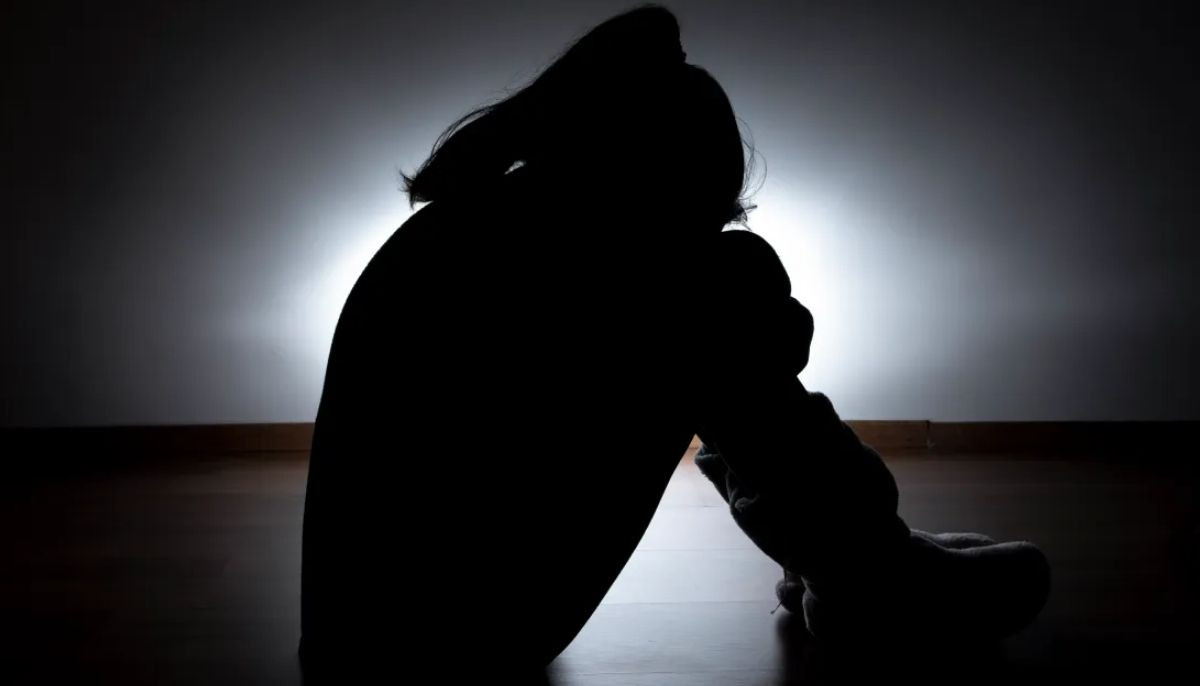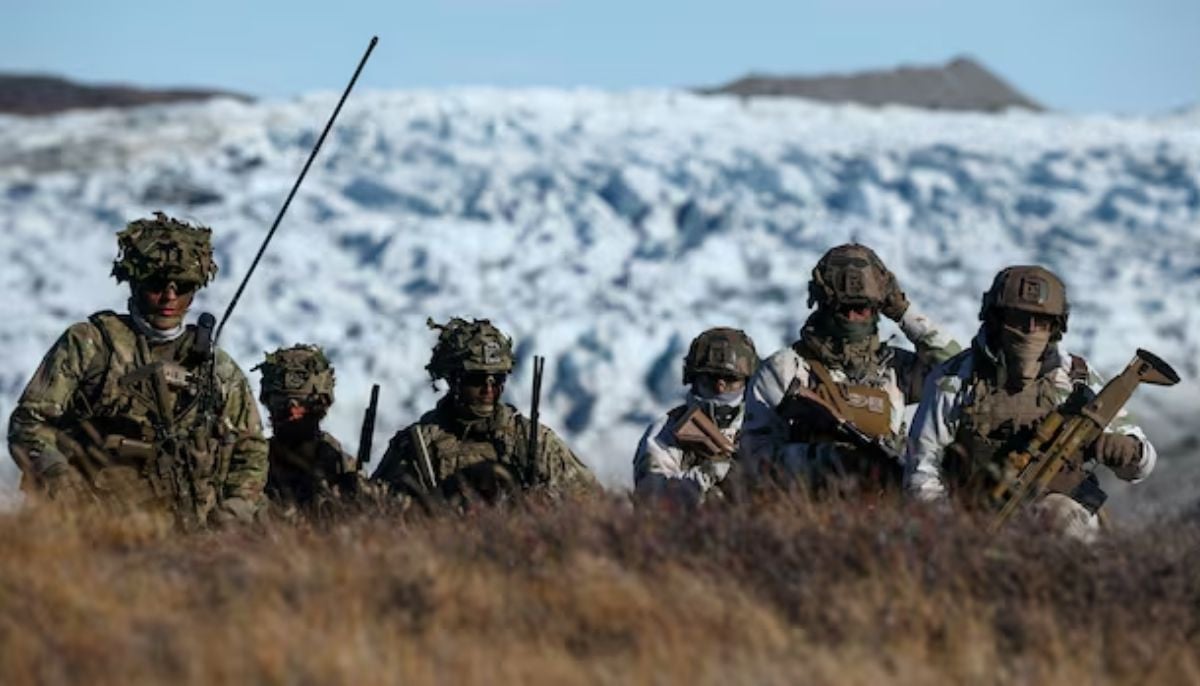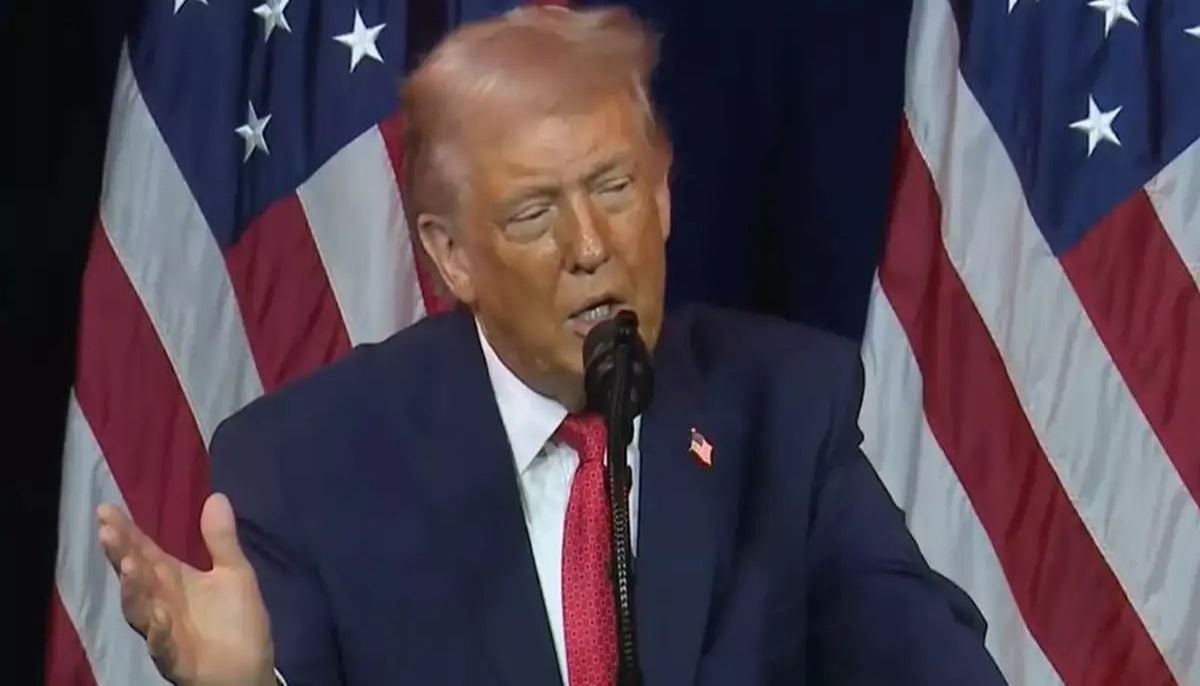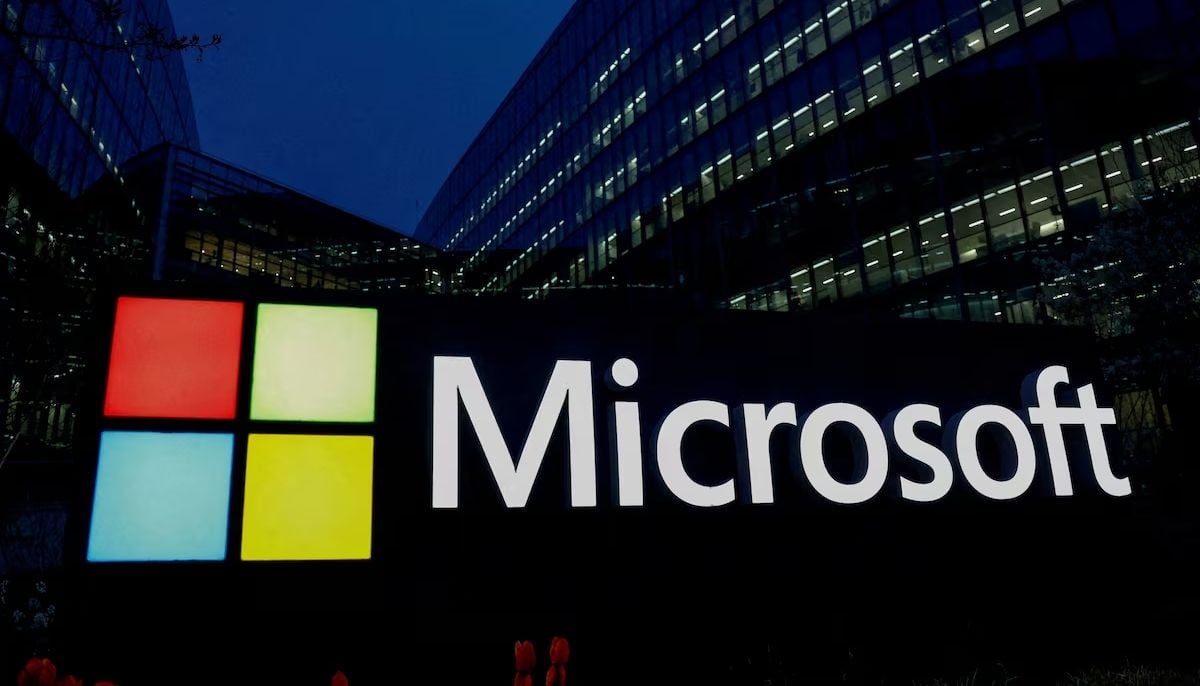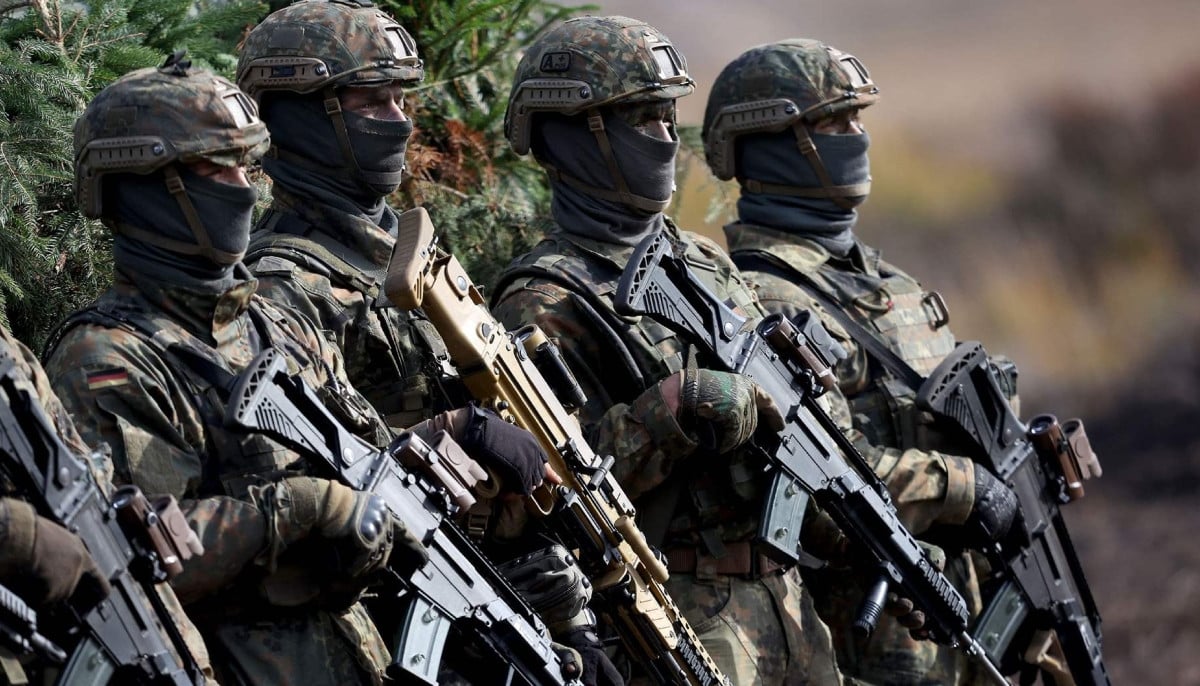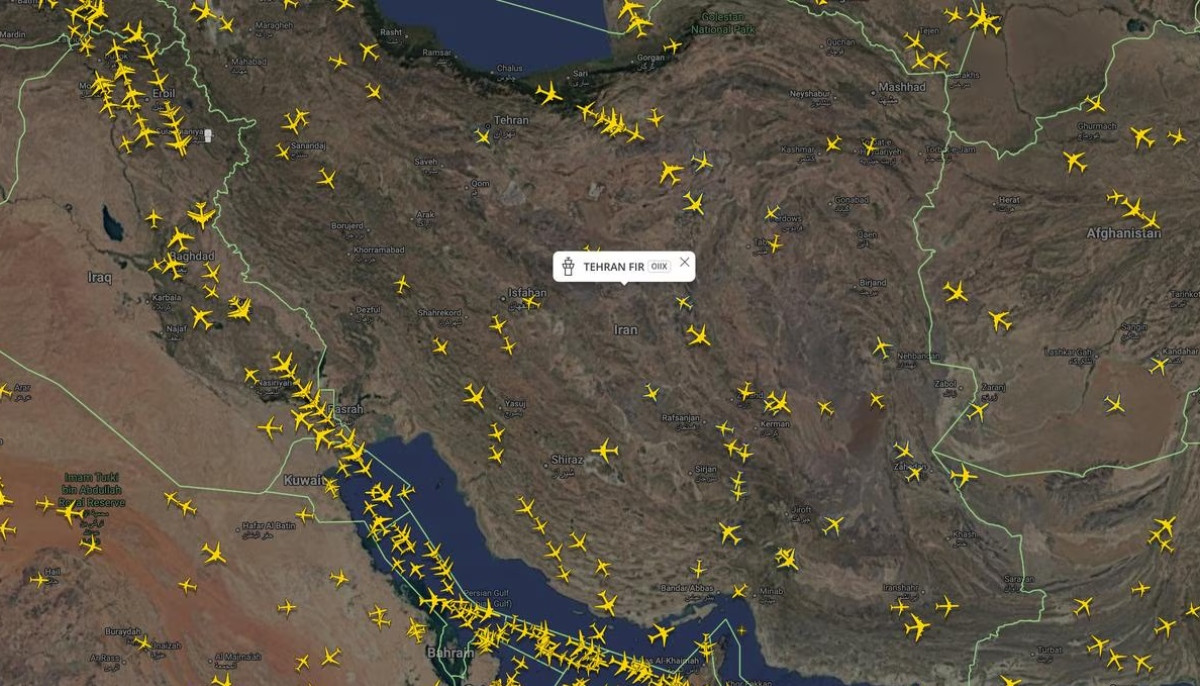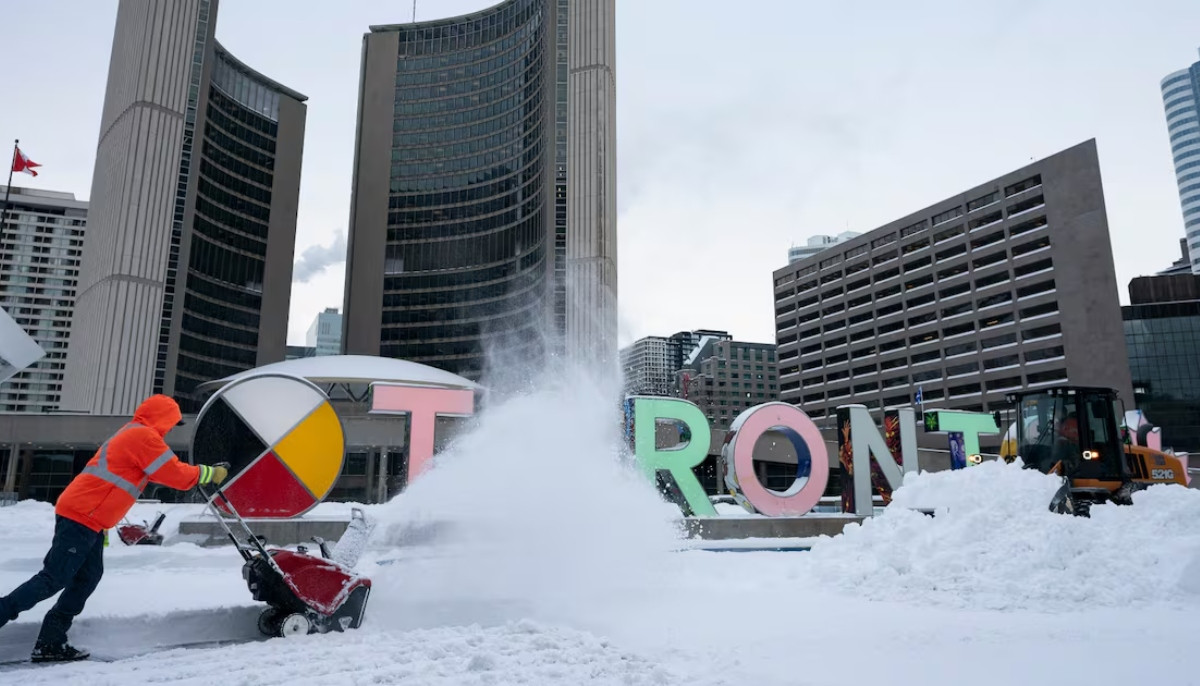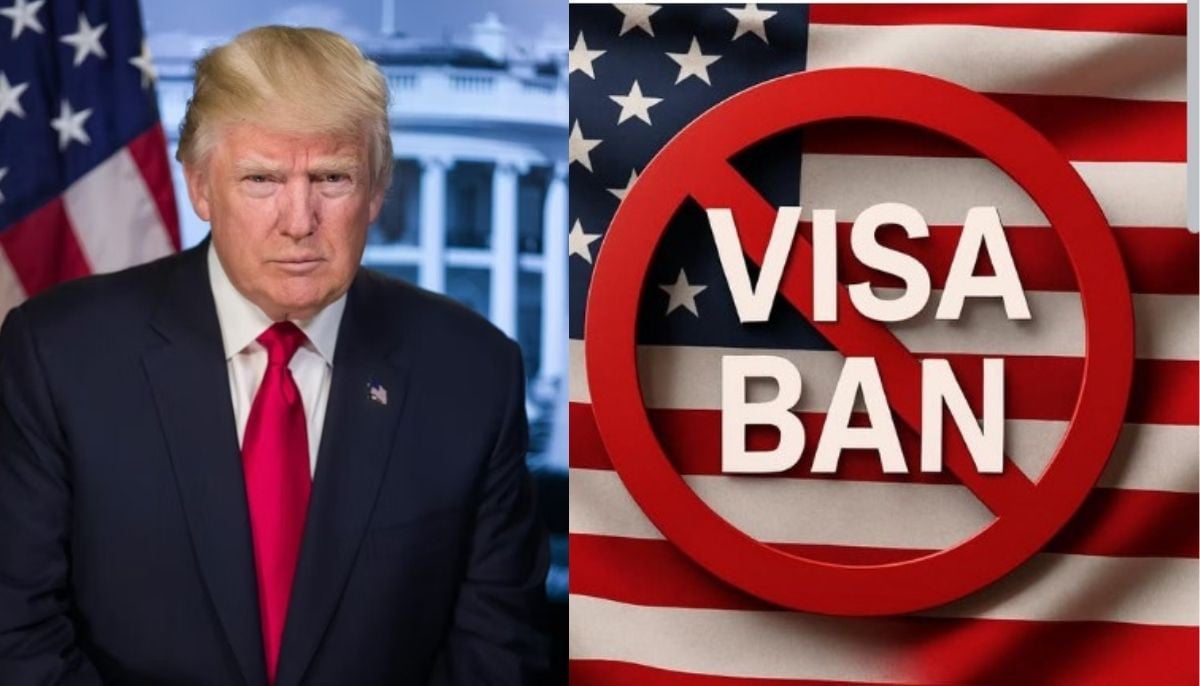India's Supreme Court quashes remission of 11 men in Bilkis Bano gang rape case
Convicted men were released in August 2022 after it was recommended by the prison they were held in
The Supreme Court of India on Monday quashed the life sentence remission granted to 11 Hindu men who were convicted of raping Bilkis Bano and killing her relatives in 2002 amid anti-Muslim riots in the western state of Gujarat.
The 11 men were ordered by the Indian Supreme Court on Monday to turn themselves before jail officials within two weeks. It stated: "Their plea for protection of their liberty is rejected."
Bilkis Bano, now in her forties, was five months pregnant when she was brutally gang-raped during the riots in Gujarat, India, resulting in the deaths of nearly 2,000 people, mostly Muslims.
Seven of her relatives were killed, including her three-year-old daughter, whose head was smashed on the ground by the perpetrators in Gujarat’s Dahod district, Al Jazeera reported.
Prime Minister Narendra Modi was Gujarat’s chief minister at the time and his Hindu nationalist Bharatiya Janata Party (BJP) still rules the state.
In August 2022, the Gujarat government released the men, convicted in 2008, after their release was recommended by the prison, considering the time they had served and their good behaviour.
However, their release faced criticism from the victim's husband, lawyers, and politicians leading to several petitions being filed in the Supreme Court, including one by Bano herself, challenging their remission.
The court ruled on Monday that Gujarat lacked the jurisdiction to reduce the punishment given because the case trial was transferred to Mumbai, the nation's financial centre.
The Gujarat government lacked the authority to grant the convicts' remission orders, according to the Supreme Court.
The 11 men and the Gujarati government did not respond to the verdict right away.
-
‘Operation Arctic Endurance’: Which NATO nations are sending troops to Greenland?
-
Trump administration imposes 25% tariff on imports of some AI chips
-
Microsoft secures largest ever soil carbon credit agreement amid data centres expansion
-
Japan, Philippines sign defence pacts as regional tensions escalate
-
Germany sends troops to Greenland amid rising Arctic tensions
-
Iran flight radar update: airspace closure extended amid heightened tensions
-
Toronto snow day: what to expect after Environment Canada's snow storm warning
-
US to suspend immigrant visa processing for 75 countries: Know all details
